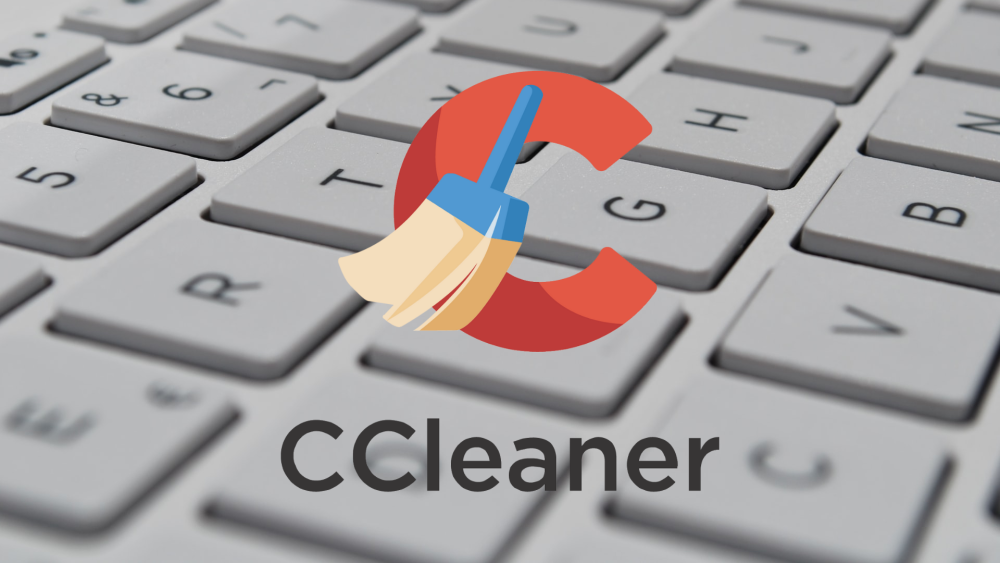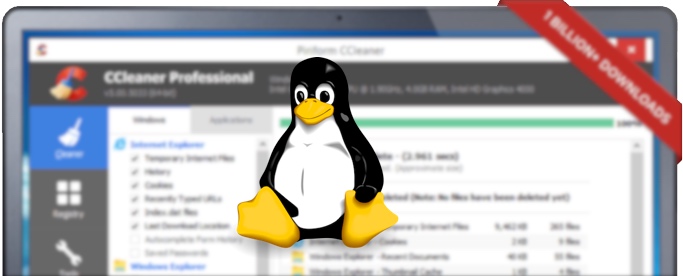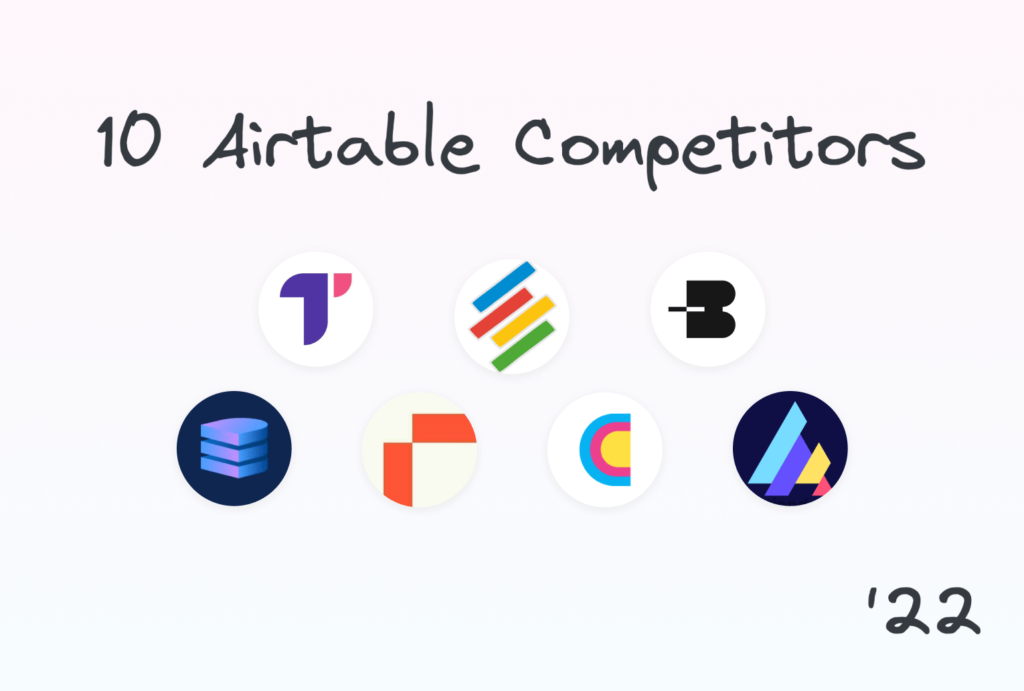
Among the essential software applications for computers, CCleaner often tops the list. Lightweight yet robust, it’s a system utility that effectively removes various unnecessary files (e.g., temporary files, invalid registry entries) from your PC, ensuring smooth operation without any glitches. Additionally, it offers a range of features, from clearing browsing history to uninstalling programs. However, despite its capabilities, CCleaner is limited to Windows and OS X, leaving Linux users without an equivalent.
Don’t worry. Numerous applications offer similar functionality to CCleaner for Linux. Excited? Here’s a list of the top CCleaner alternatives for Linux.
1. BleachBit
Effortlessly simple, BleachBit swiftly purges your Linux PC of excess baggage. From thumbnail cache to debug logs, this open-source CCleaner alternative tidies up virtually everything. Just pick the junk files and content for elimination, then click Clean. But wait, there’s more. BleachBit supports nearly 100 applications, including browsers, office suites, and media players, for cleaning up their remnants. Moreover, it can also shred files and wipe free disk space, essentially matching CCleaner’s features.
If you use Windows alongside Linux, BleachBit has you covered—it’s available for Windows too. And did I mention it’s endorsed by security expert Bruce Schneier, who used it while handling documents from Edward Snowden? Enough said!
Install in Ubuntu & Derivatives:
sudo add-apt-repository ppa:n-muench/programs-ppa
sudo apt-get update
sudo apt-get install bleachbit
2. Ubuntu Tweak Tool
If you use Ubuntu or any Ubuntu-based Linux distro, Ubuntu Tweak Tool is a must. It simplifies Ubuntu usage and configuration, offering options for tweaking advanced settings and updating apps efficiently. Its Janitor sub-module is particularly handy, streamlining the removal of unwanted items such as broken or old packages, config files, and cache. Accessed through its dedicated tab, Janitor enables you to quickly delete space-hogging junk with just a few clicks.
In summary, Ubuntu Tweak Tool, particularly its Janitor sub-module, serves as a minimalist alternative to CCleaner for Linux. However, it lacks additional features such as program uninstallation and file shredding.Installation on Ubuntu & Derivatives:
- sudo add-apt-repository ppa:tualatrix/ppa
- sudo apt-get update
- sudo apt-get install ubuntu-tweak

3. Sweeper
Essentially, Sweeper is a component of the KDE utilities suite, offering a straightforward system cleaning utility. While Sweeper’s functionality is minimal compared to CCleaner, it can be useful for basic junk file deletion. Sweeper can clear web-browsing data (e.g., history, cache, cookies) and general files like clipboard contents, recent documents, and thumbnail cache. That’s about it.
However, Sweeper’s performance is inconsistent; during testing, it only worked half of the time.
Installation on Ubuntu & Derivatives:
sudo apt-get install sweeper
sudo apt-get update
4. FSLint
While FSLint may initially appear confusing, once you grasp its functionality, it becomes straightforward. Essentially, FSLint serves as a duplicate file finder application and also facilitates the removal of some unwanted and junk files, thus serving as a quasi alternative to CCleaner for Linux.
In addition to locating duplicate files, FSLint can identify temporary files, invalid IDs, empty directories, and similar items. You can manually specify the locations for search as well. Upon displaying the results, simply select the undesired or duplicate files for deletion, and then click Delete. Simple, isn’t it?
Installation on Ubuntu & Derivatives:
sudo apt-get install fslint
Ready to optimize your Linux system?
The relatively limited availability of popular software applications on Linux has historically posed challenges, particularly for new users. However, the situation has improved significantly, as evidenced by the discussion above regarding CCleaner alternatives. Seeking a robust disk cleaning utility akin to CCleaner? Consider BleachBit. Prefer a simpler option? Give Sweeper a try. Test them out and share your favorites in the comments below.

Pritam Chopra is a seasoned IT professional and a passionate blogger hailing from the dynamic realm of technology. With an insatiable curiosity for all things tech-related, Pritam has dedicated himself to exploring and unraveling the intricacies of the digital world.



